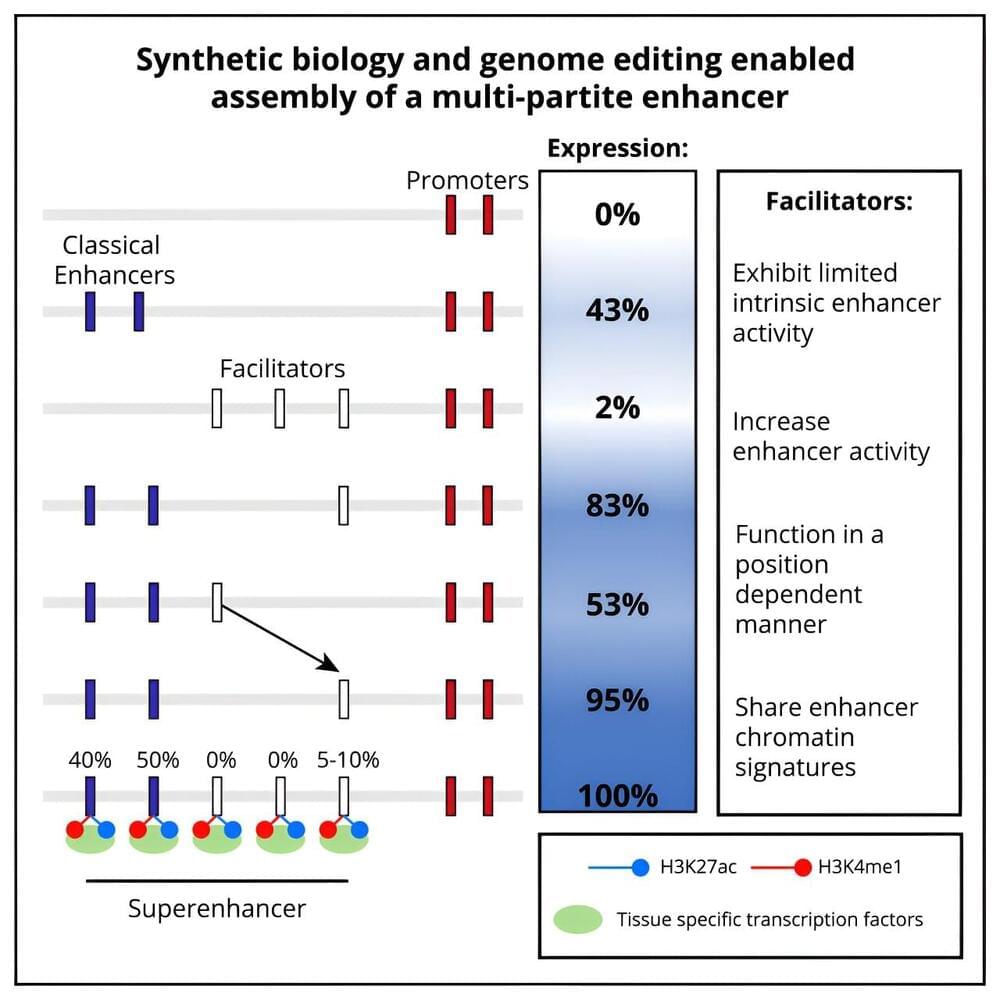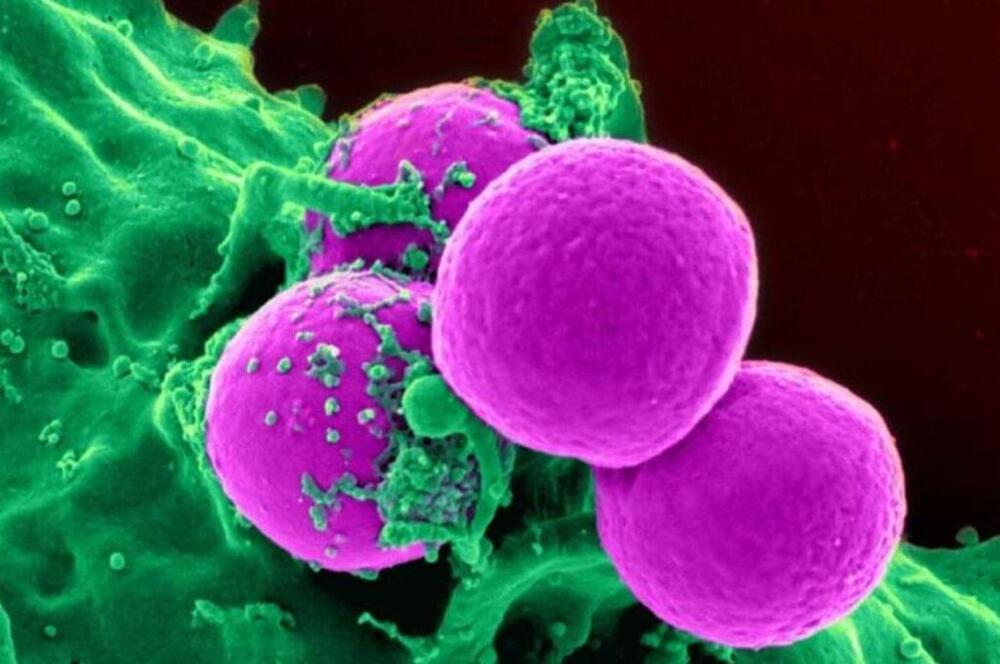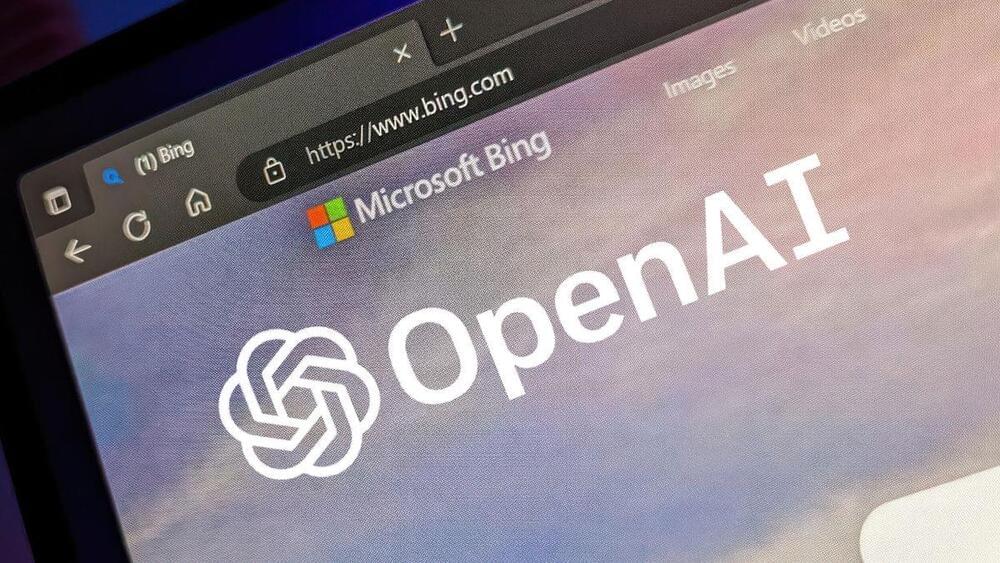A University of Oxford-led study has found that diverse communities of resident commensal gut bacteria collectively protect the human gut from disease-causing microorganisms by consuming the nutrients that the pathogen would need to be able to gain a foothold in the host.
The team used an ecological approach to investigate how colonization by two major bacterial pathogens— Klebsiella pneumoniae and Salmonella enterica serovar Typhimurium (S. Typhimurium)—is influenced by a range of human gut bacteria both in vitro and in gnotobiotic mice. They found that the ecological diversity of the microbiome was important for colonization resistance. While single species of gut microbiota alone had negligible effects on providing effective resistance to pathogens, certain combinations of essential key species within diverse communities exhibited much greater colonization resistance when together.
Having found that these communities block pathogen growth by consuming nutrients that would be required by the pathogen, the team also showed that the concept of nutrient blocking can be used to predict specific sets of commensal microbiota that will resist a novel bacterial pathogen, using genome sequence data alone.









